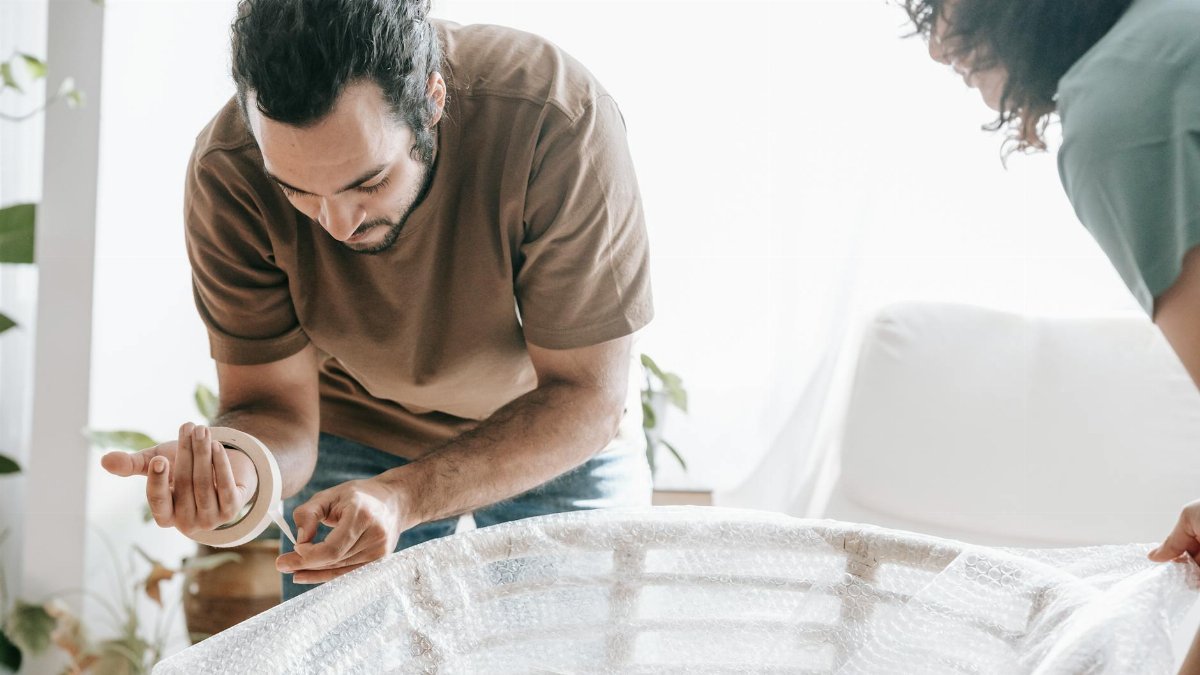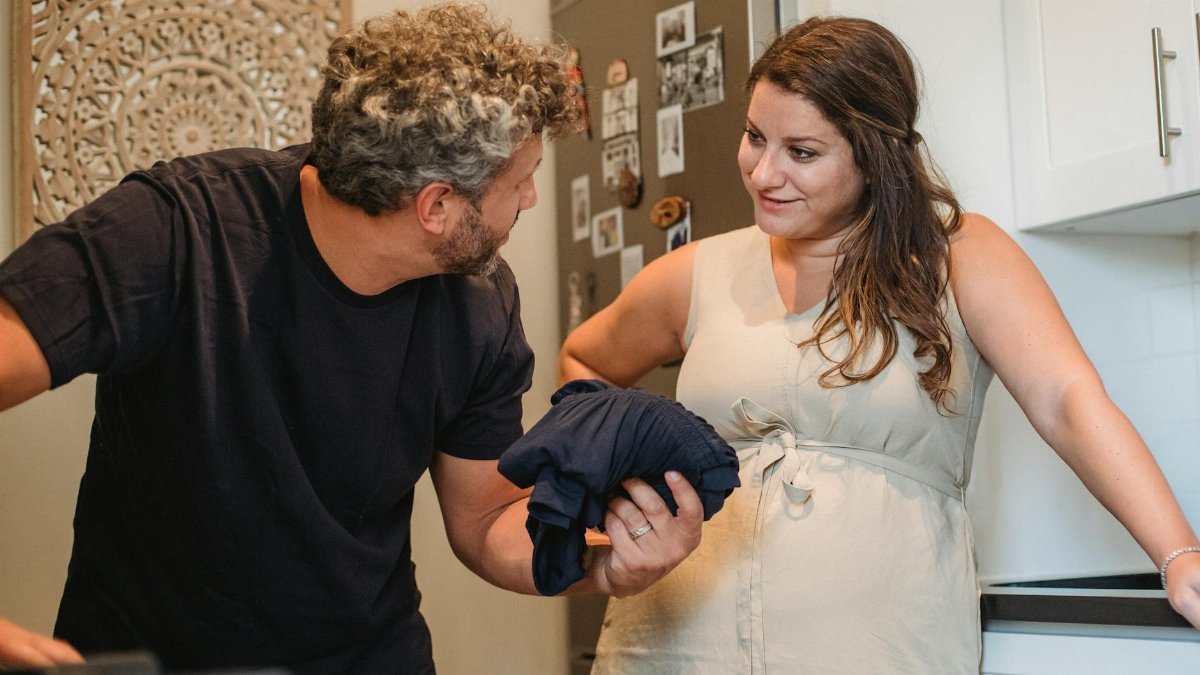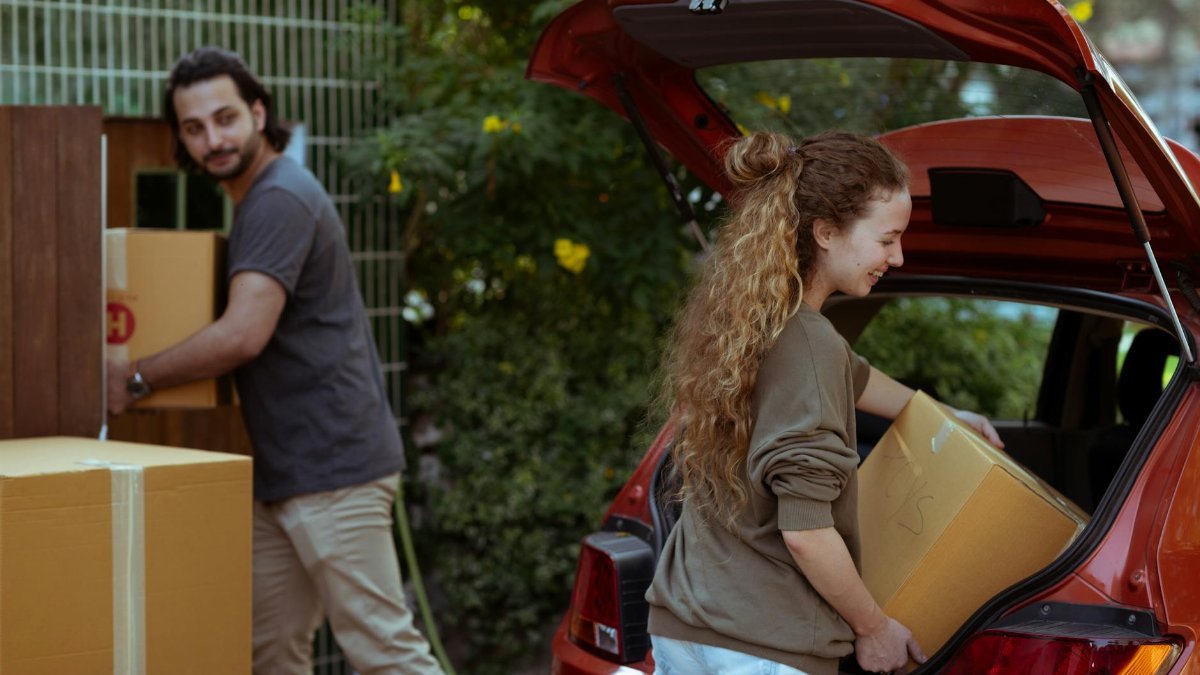Moving to a new place is tough enough, but throw a relationship into the mix, and the stakes get higher. When Sarah K. relocated from Chicago to Austin for a job last year, she didn’t expect the strain it would put on her five-year partnership. Her story mirrors countless others facing similar challenges. The good news? With the right relationship relocation tips, couples can navigate this transition without losing their bond. Here’s how to keep love steady amidst the chaos of uprooting your life.
Plan the Move Together

Relocation often means one partner drives the decision, but leaving the other out can breed resentment. Make it a team effort. Discuss the reasons for the move, weigh the pros and cons, and map out logistics side by side. Whether it’s deciding on a neighborhood or splitting packing duties, shared responsibility builds trust. Studies from the American Psychological Association show that couples who tackle stressors collaboratively report higher relationship satisfaction.
Communicate Expectations Early

Don’t assume your partner knows how you feel about the move. Lay it all out—fears, hopes, and dealbreakers. Will one of you struggle with leaving family behind? Is the new city temporary or permanent? Clear dialogue prevents misunderstandings. A 2023 survey by Pew Research Center found that 64% of couples cite poor communication as a top reason for conflict during major life changes like relocation.
Brace for Emotional Turbulence

Moving isn’t just physical—it’s an emotional upheaval. One or both of you might feel isolated, nostalgic, or even resentful in the new environment. Acknowledge these feelings without judgment. Therapists note that transitions can amplify underlying issues, so don’t ignore red flags. If loneliness hits hard, schedule regular check-ins to vent and reconnect. It’s not weakness; it’s survival.
Establish New Routines Fast

Familiarity breeds comfort, especially after a move. Create small rituals in your new space—think morning coffee runs or weekend walks. These anchors help ground you when everything else feels foreign. Even unpacking together can turn a chore into a bonding moment. The quicker you build a shared “normal,” the less the relocation feels like a disruption to your relationship.
Lean on Support Systems

Don’t go it alone. Reach out to friends, family, or even online communities for advice or just a listening ear. If you’re in a new city without a network, join local groups or events to meet people together. Feeling supported outside the relationship eases the pressure on your partnership. Research backs this—couples with strong social ties report lower stress during transitions.
Address Financial Strain Head-On

Relocation often comes with unexpected costs—deposits, moving fees, or temporary income gaps. Money fights are a top relationship killer, so budget as a duo. Be transparent about expenses and set realistic goals for saving or spending in the new place. If one partner’s job prompted the move, discuss how to balance any perceived “burden.” Honesty here prevents silent grudges.
Keep Intimacy a Priority

Amidst the chaos of moving, it’s easy to let romance slide. Don’t. Carve out time for date nights, even if it’s just pizza on unpacked boxes. Physical and emotional closeness can be a buffer against stress. Relationship experts emphasize that small gestures—like a quick hug or a thoughtful text—go a long way when life feels upside down.
Be Patient with Adjustment

Adapting to a new home doesn’t happen overnight, and neither does rebuilding your relationship’s rhythm. Give each other grace. One partner might settle in faster, while the other struggles with homesickness. Avoid blame and focus on progress, not perfection. Remember, you’re in this together, even if the pace feels uneven.
Natasha is the heart of our exploration into conscious connection. Applying principles from multiple counseling courses in her own life, she guides you to cultivate stronger, more joyful bonds.
Disclaimer
The content on this post is for informational purposes only. It is not intended as a substitute for professional health or financial advice. Always seek the guidance of a qualified professional with any questions you may have regarding your health or finances. All information is provided by FulfilledHumans.com (a brand of EgoEase LLC) and is not guaranteed to be complete, accurate, or reliable.
